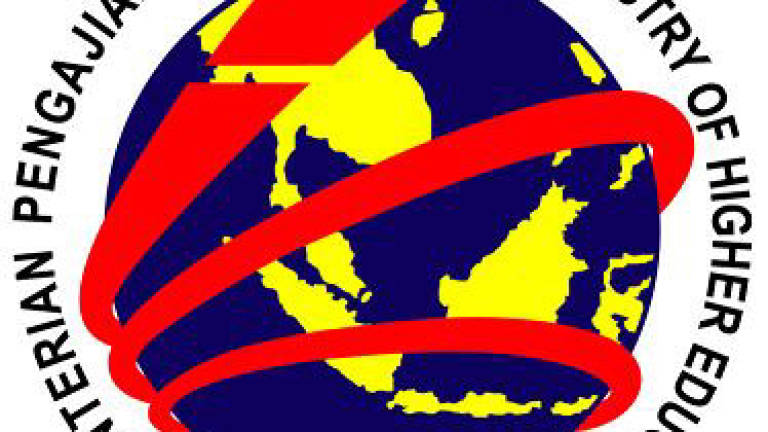Chop for cheats

PUTRAJAYA: The Higher Education Ministry has warned students of higher learning institutions that engaging in "contract cheating" is as serious as cheating in examinations.
"This is very serious misconduct and warrants termination if these students are caught," Higher Education Ministry deputy director-general Datin Prof Dr Siti Hamisah Taspir told theSun.
"Contract cheating" occurs when students pay professionals to do their assignments and theses, which allegedly has become so lucrative that a number of those offering such services blatantly advertise their services on social media.
This "easy way out" approach has raised questions over the actual quality and capability of today's graduates.
It may have started off as a simple favour in return for another or pocket money among students decades ago.
Today, however, the practice has become rampant with advertisers even displaying a price list for the types and categories of assignments.
A simple message forwarded on social media stating "assistance in writing service" may not seem serious.
But there is a problem when the service involves writing assignments for university or college students for a price and students submit those assignments as their own.
She stressed that the ministry would soon engage with the Deputy Vice-Chancellors (Academic) Committee, Malaysian Qualification Agency (MQA) and other stakeholders for their views as well as how to best tackle the problem.
In 2012, BBC reported that Professor Robert Clarke from Birmingham City University, who spent years researching the phenomenon, described this type of plagiarism as "contract cheating".
Siti Hamisah said: "All institutes of higher learning have to be proactive and vigilant in monitoring this situation to ensure the quality of their students' academic performances.
"In Malaysia, institutes of higher learning are known to be very strict on such misconduct. If found guilty of such misconduct students can be terminated."
She said failing to contain such misconduct might affect the institute's academic reputation as well as MQA's accreditation of programmes in the institute.
Although the ministry is generally aware of the trend, Siti Hamisah said it was uncertain how rampant it is because the ministry has yet to receive any complaints from higher learning institutions.
"Universities are autonomous and their disciplinary units are responsible for monitoring such academic misconduct.
"Each institute of higher learning has its own statutory constitution with regard to plagiarism and integrity.
"The Senate or the Academic unit of each institution is the source of power for the institutes to take action when such activity is detected," she said.
While the ministry mulls on a proper mechanism to prevent this sort of "plagiarism and cheating", the burden falls on lecturers to spot or detect such practices in their classes or courses.
"This will always be a challenge but lecturers are vigilant and are expected to be on alert regarding such trends among their students.
"The onus is on the lecturers to monitor and identify such problems because if there is no complaint then it is difficult for the ministry to detect," she said.
Having said that, she acknowledged that it is a "tricky" issue and there were limitations in the law and system if such "businesses or practices" happened outside institutions.
"Ultimately it is in educating the students on integrity and honesty and if students continue this trend it will reflect on their quality of education when it comes to examinations," Siti Hamisah said.
"It will eventually show in the results."